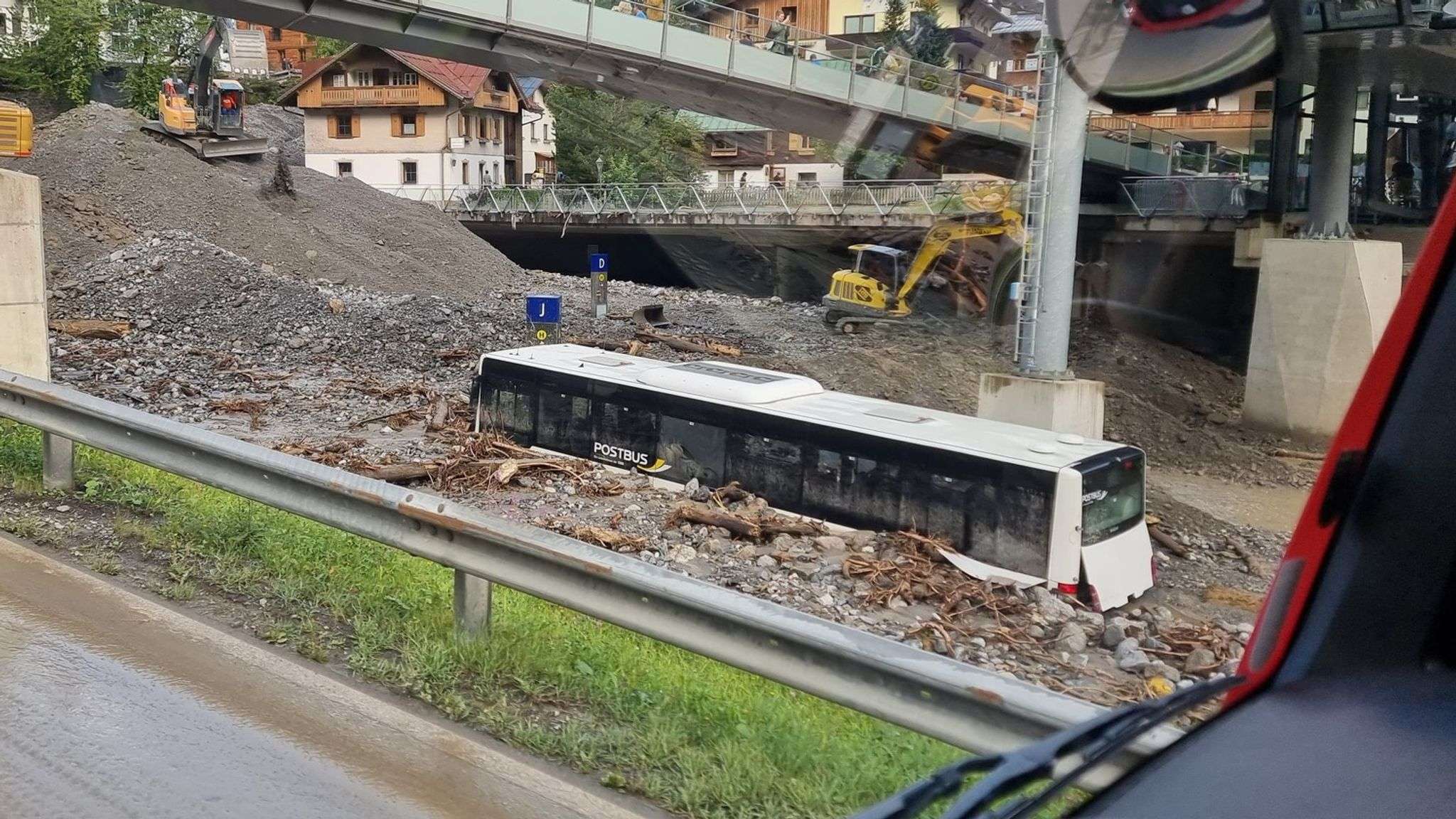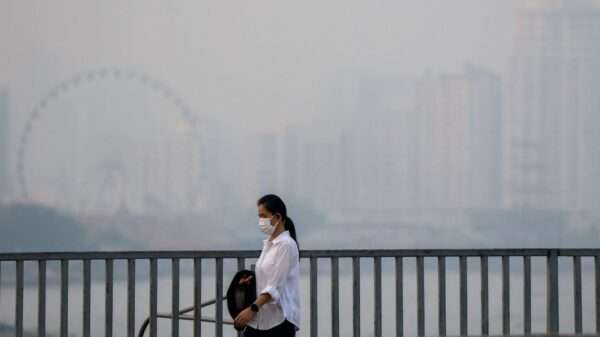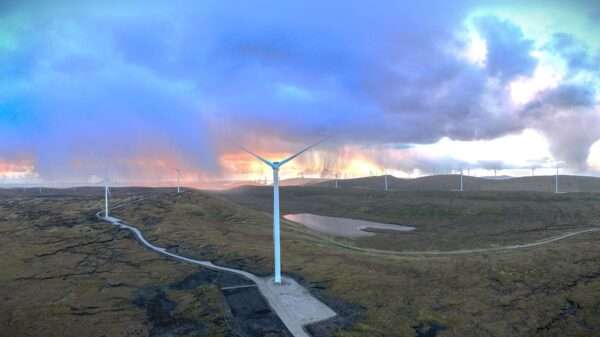Austria is grappling with the aftermath of unprecedented rainfall that has wreaked havoc across the nation, particularly in its capital, Vienna, and popular ski resorts. This extreme weather event has left parts of Vienna submerged, with streets transformed into rivers, and vehicles swept away in scenes reminiscent of a natural disaster movie. The deluge has caused widespread disruption, with residents and authorities struggling to cope with the sudden and severe flooding.
The intense storms that have battered Austria are among the most severe in recent memory. The torrential rains have not only impacted Vienna but also various regions known for their ski resorts, where the damage has been particularly alarming. Vehicles were seen being carried away by the force of the water, with entire streets and bridges rendered impassable. The rapid rise of water levels caught many by surprise, leading to emergency evacuations and rescue operations. First responders have been working tirelessly to assist those trapped by the floods, but the scale of the damage is immense.
Austrian Chancellor Karl Nehammer addressed the nation, expressing deep concern over the situation. “Heavy storms have done great damage in many parts of Austria,” he stated, acknowledging the extensive impact of the floods. His words reflected the gravity of the situation, as the country faces one of its most significant weather-related challenges in recent years. The government has mobilized resources to support affected areas, but the road to recovery is expected to be long and arduous.
The flooding in Vienna has been particularly severe, with some districts experiencing water levels not seen in decades. The city’s infrastructure, while robust, was not fully prepared for such a sudden and overwhelming onslaught of rain. Public transportation has been severely disrupted, with many roads closed and subway stations flooded. The iconic Danube River, which runs through the heart of Vienna, has swelled to dangerous levels, prompting fears of further flooding.
In addition to Vienna, the damage in Austria’s ski resorts is a significant concern. These areas, usually bustling with tourists enjoying summer hiking or preparing for the upcoming winter season, now resemble disaster zones. The force of the water has washed away parts of ski runs, damaged lifts, and caused landslides that have blocked access roads. Local businesses, which rely heavily on tourism, are bracing for the economic impact as they face the daunting task of rebuilding.
The extreme weather in Austria is part of a broader pattern of unusual climatic events seen across Europe this summer. Record-breaking temperatures, severe storms, and unexpected floods have been reported in several countries, raising concerns about the accelerating impacts of climate change. While it is difficult to attribute a single weather event directly to climate change, the increasing frequency and intensity of such events are consistent with scientific predictions about the consequences of global warming.
As Austria begins to assess the full extent of the damage, the focus is on providing immediate relief to those affected. Emergency shelters have been set up, and authorities are distributing food, water, and other essentials to displaced residents. The Austrian Red Cross and other humanitarian organizations are on the ground, offering support and coordinating with government agencies to ensure aid reaches those in need.
The cleanup and rebuilding efforts will take time, and the economic toll of the floods is likely to be significant. However, the resilience of the Austrian people and the solidarity shown in the face of this disaster offer hope for a swift recovery. The images of flooded streets and ski resorts may fade with time, but the lessons learned from this event will likely influence Austria’s approach to climate adaptation and disaster preparedness in the future.
As the waters begin to recede, Austria faces the challenge of not only rebuilding but also rethinking its infrastructure and environmental policies to better withstand the increasingly volatile weather patterns. The storms that have brought parts of Vienna and other regions to their knees serve as a stark reminder of the power of nature and the urgency of addressing the global climate crisis.








































